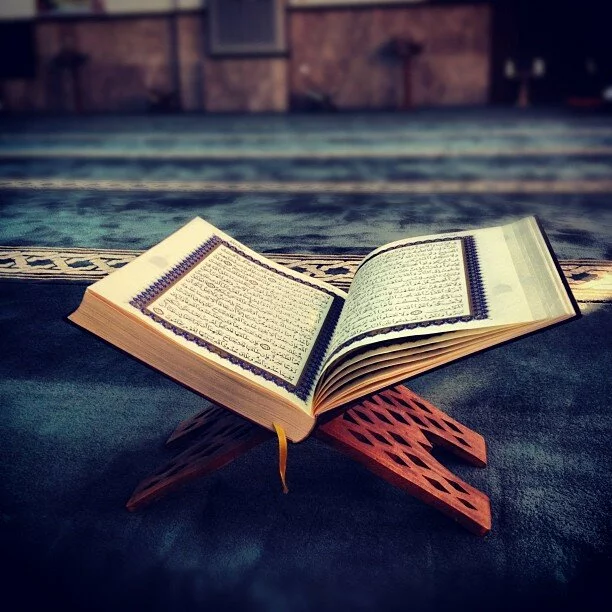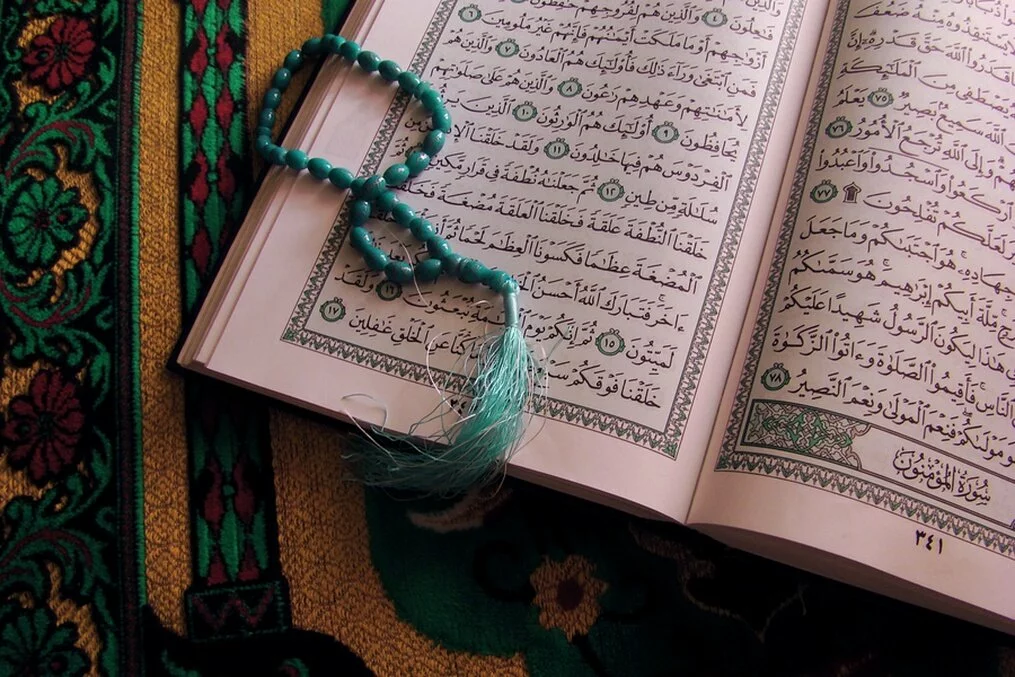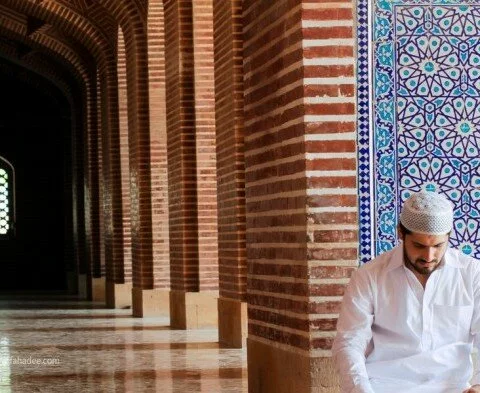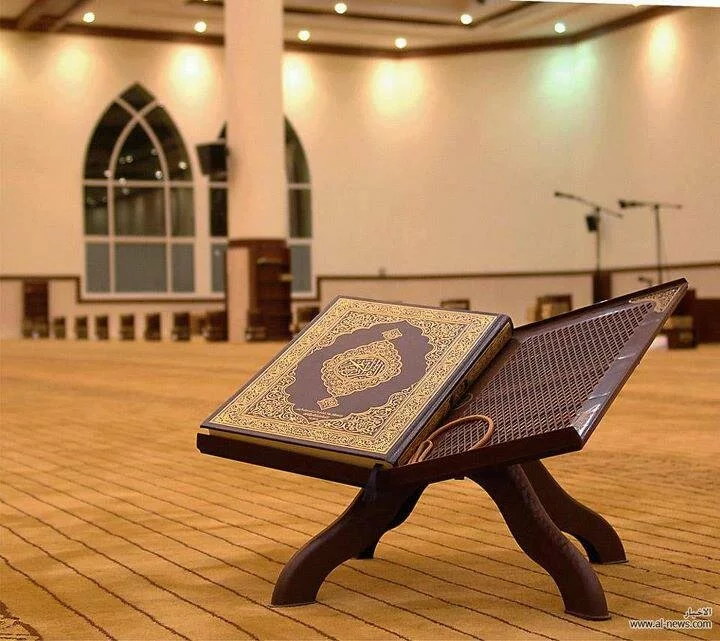So I’ve been reading (and there is always room for improvement of course) in an Arabic & English Quran since I last posted.
- Abrar: Obedient believers. (Last Juz, maybe surah Inshiqaq)
- Tasneem : Water in Paradise that falls from heights. (Last Juz)
- LuLu: Pearl. For girls. (Surah Ar Rahman)
- Marjaan: Coral. For girls. (Surah Ar Rahman. The ayah goes “lu’lu’ wal marjaan’ so these could be the name of twin girls maybe)
- Bayaan: Eloquent demonstration. For both boys and girls, but it is more popular for girls. (Surah Ar Rahman.)
- Bayyinah: Truth that is demonstrated eloquently, Allah uses this adjective to describe the Quran. It is derived from the same root as the previous name. For girls only. (Last Juz)
- Illiyeen: The noble book that contains the deeds of righteous people on the Day of Judgement. For females. You could call her Lily for short (Last Juz.)
- Shams: The Sun. For boys. Can be made feminine name by saying Shamsah.(All over the Quran)
- Nur: Light. For girls. (as in sunlight). (Many places in the Quran)
- Kareem: Generous. (Many places in the Quran)
- Naeem: Bountiful. For boys. (Last juz, Mutafifeen)
- Majeed : One who has greatness and valor. For boys only, its feminine form is Majeedah. (Last juz, Buruj)
- Salsabil: It’s the name of fountain in Paradise. For girls. (Insaan.)
- Raadiyah: Someone who is content. For girls only. (Last juz, Gaashiya.)
- Raadhi: Someone who is content, for boys.
I’d love it if others could add to the list. I’d like to compile a long list of names some day and pass them out to friends that are pregnant.
Source: quranclub.net






